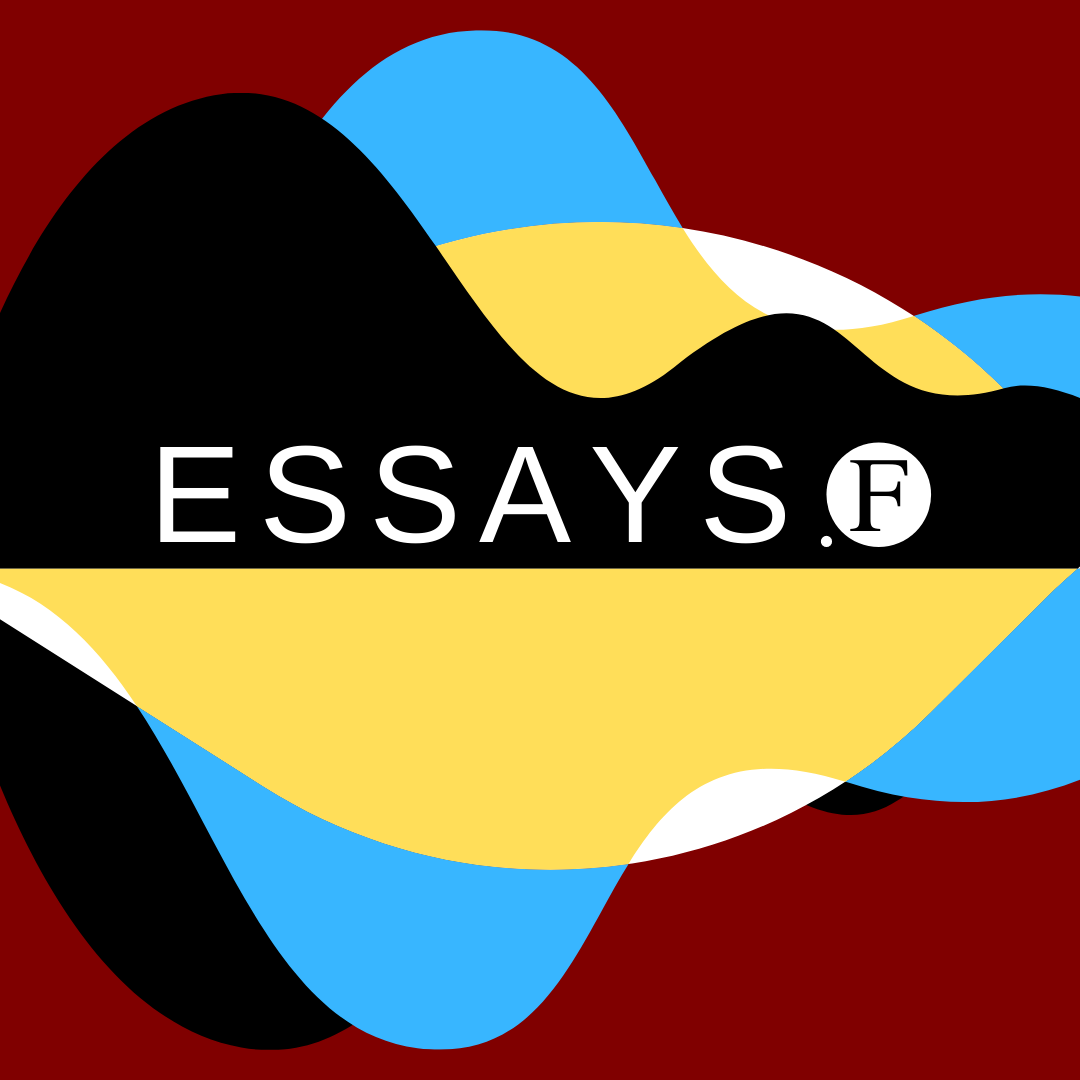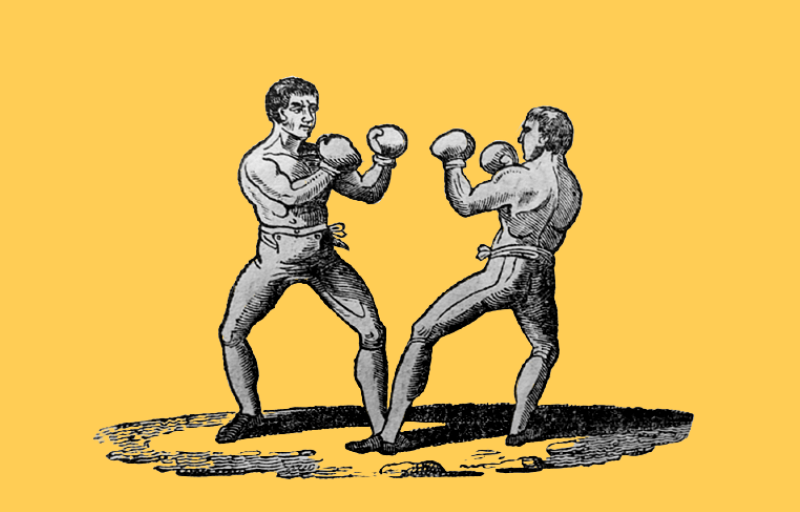Rocks and Hard Places
Lisa Tessman on being required to do the impossible
Due to a tremendous level of flooding after a hurricane, the hospital at which Dr. Santana practices medicine must be evacuated. The medical staff have been ordered to get everyone—including themselves—out of the hospital by the end of the day, but not all patients can be evacuated. As time runs out it becomes clear that there are only two options: euthanize the remaining patients without consent (because many of them are in a condition that renders them unable to give consent) or abandon them to suffer a slow, painful, and terrifying death alone. Though horrified by both possibilities, Dr. Santana is confident that administering a lethal dose of drugs is the better of the two options. Nevertheless, she has the sense that no matter which action she performs, she’ll be committing a grave violation of a moral requirement.
This story is a fictionalized version of an actual tragedy that took place during Hurricane Katrina. Why does the doctor in the story feel like she has done something morally wrong? I suggest that it’s because she has. She also would have done something wrong if she’d made the opposite decision, and abandoned the patients. She was in a situation in which anything she could have done would have violated some true value. She can’t be blamed for what she did, assuming that she really did choose the better of the two options. We can be rightly blamed for avoidable wrongdoings, but not for unavoidable wrongdoings, or wrongdoings that we committed because all possible alternatives were even worse. But although she can’t be blamed, her feeling that she’s failed isn’t misplaced. It’s a response to facing an impossible moral requirement—in this case, the requirement that she neither kill (without consent) nor abandon the patients. Impossible moral requirements make moral failure unavoidable.
If you agree that there can be impossible moral requirements, you’ll be going against something that many moral philosophers believe. This is because many moral philosophers have adopted a principle—attributed to the eighteenth-century German philosopher Immanuel Kant—that says that for an act to be morally obligatory, that act must also be possible, so the impossible cannot be morally required. This principle is typically expressed by moral philosophers with the phrase: ‘ought implies can’. In other words, you can only be obligated to do something if you’re also able to do it. People who are caught in dilemmas like Dr. Santana’s often feel that they have failed morally, even though the requirements they face are jointly impossible to fulfil; the fact that people experience themselves as required to do the impossible might tip us off to the possibility that it’s not always true that ‘ought implies can’.
In my recent book, When Doing the Right Thing Is Impossible, I argue against the principle that ‘ought implies can’. I think that in many cases, people’s experiences of judging themselves to be impossibly required to act should be trusted and taken to indicate that they really do face an impossible moral requirement. I think that there’s an important way of valuing others—through an emotional, intuitive response—that people exhibit when they judge themselves to be impossibly required to act in a certain way.
But before we move straight from the fact that people judge themselves to be impossibly required to act to the claim that there really are impossible moral requirements, we need to address some questions. How should moral judgements be made? And how should we determine what is morally required? Many philosophers are rationalists in the sense that they believe that only a process of reasoning can serve to establish what’s ‘really’ morally required, by determining which moral judgements are justified. I am more pluralistic about what I believe should lead us to treat a moral judgement as carrying authority; there is more than one way to arrive at the kind of moral judgement that we should have confidence in. For example, an emotionally inflected, intuitive process, in place of a reasoning process, is what allows us to best construct some of our moral values and what rightly leads us to treat some particular moral judgements, including those about impossible moral requirements, as carrying authority.
Let’s take a closer look at why we might judge ourselves to be impossibly required to act. One important background fact is that values, including moral values, come in many different kinds, and they can come into conflict with each other. We can be obligated to do each of two different things, even when it’s impossible to do both. For example, we might be required to tell the truth about what a friend did but also required to be loyal to the friend. When this happens, honouring one of the conflicting values won’t necessarily make up for our now inevitable sacrifice of the other value, because values of different kinds can’t always just substitute for each other. We feel we’ve failed because we haven’t been able to act in accordance with all of our deeply held values, and nothing can make up for the unique value (such as the value of our loyalty to a particular person) that we’ve sacrificed.
That fact that human beings value so many different kinds of things—and that we make our evaluative judgements both rationally and emotionally—is part of what makes our lives so rich. We value fairness, which obligates us to act impartially. We value the very specific people whom we love, which requires that we treat them as special. We value the well-being of any creature that we take to be sentient, which leads us to think we should try to maximize the total amount of this well-being. We value individual rights, which means that we must not violate them in the name of some overall good. We value what we take to be absolute moral principles, which may tell us not to lie or coerce others. We value freedom and we value equality. We value respect for others, and loyalty, and care… the list goes on. There is no grand scheme or order to the universe that ensures that these values never come into conflict with each other. Often it’s impossible to act on all of our values, or to find a balance that doesn’t forfeit something that we judge to be crucial.
We could have two different responses to this condition of human life, and to the feeling of failure it might involve. A rational response is to eliminate conflict—or inconsistencies between our different judgements— perhaps by determining a ranking system for our values. We could say that what appears to be the irreducible variety of values is just an illusion; really, all value can be measured by some common metric—let’s call it ‘the good’—and so in any given situation you just have to do whatever produces the most ‘good’ and this will, by definition, constitute doing the right thing. We could then affirm that ‘ought implies can’, because what we ought to do would always be—again, by definition—the best possible thing that we can do. If this is our approach, we’ll get to believe that everyone will always have it in their power to avoid wrongdoing and the accompanying feeling of failure. At least that way we wouldn’t ever have to be in what seems like a totally unfair situation, of being powerless to avoid committing some wrongdoing. This is tempting. But it asks us to assume values can be ranked, or that different values can always substitute adequately for each other, or that all losses are ones that we should take in our stride. I believe instead that our values are irreducibly plural, and so they can’t be made to work this way.
The alternative (which I favour) is to accept that because of the actual way that human beings have constructed our values, including our moral values, our lives are rich but messy. Some of this messiness is because we are not entirely rational in how we construct our values, and we don’t tend to entirely eliminate conflicts of values. Furthermore, among the different judgements of requirements to act that we make, even if there are some that are best made rationally—such as when the value of fairness requires that we make an impartial decision—there are others that are best made by having an emotionally inflected, automatic response—such as when we act out of love, and our love simply compels us to act as we do, regardless of whether our act is rationally justified. What kind of response we want from other people depends on our relationship with them, what the circumstances are, and which values are salient. From our public officials, we tend to want decisions about how to allocate resources to be made through impartial reasoning; from the stranger who happens to be present when we trip and fall, we may want the decision to help us to be motivated by an empathic response and not require any reasoning; if we are in serious danger, we want anyone who truly loves us to automatically find it unthinkable not to protect us. The automatic response of finding it unthinkable not to protect a loved one can make protecting them feel required, even if doing so is impossible. However, it would be a mistake in this case to insist on a rational response instead; while always reasoning our way to our judgements about what is required of us would serve to eliminate impossible requirements, limiting ourselves to rational decision-making would also eliminate too much of what and how we value.
The upshot is that we remain vulnerable to facing conflicts between values and ways of valuing—none of which can be discarded without reducing the richness of our human lives. These conflicts may be tragic in the sense that they may force us—like Dr. Santana—to do things that we would never otherwise do and that involve irreparable losses of values that we take to be sacred. We might end up feeling like we’ve failed—even when we’ve done the best thing we could—but this very feeling of failure can indicate what truly matters to us.
The Source Code
This essay is based on the book When Doing the Right Thing Is Impossible by Lisa Tessman (Oxford University Press, 2017).






